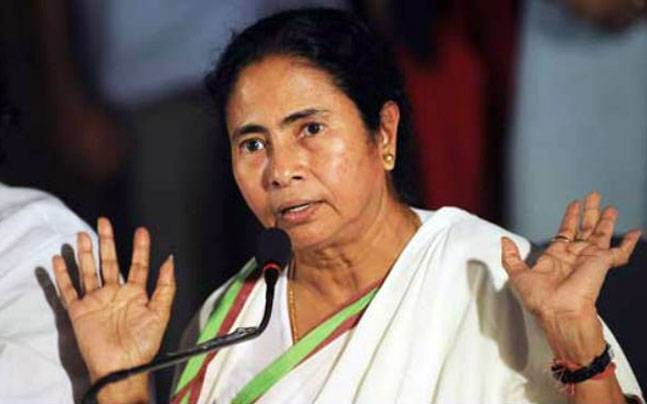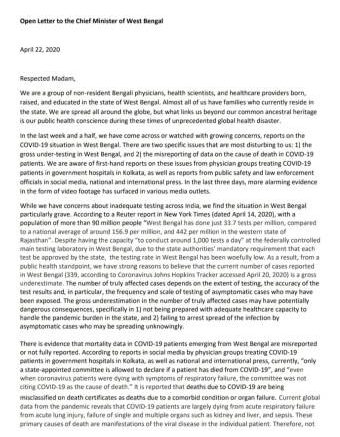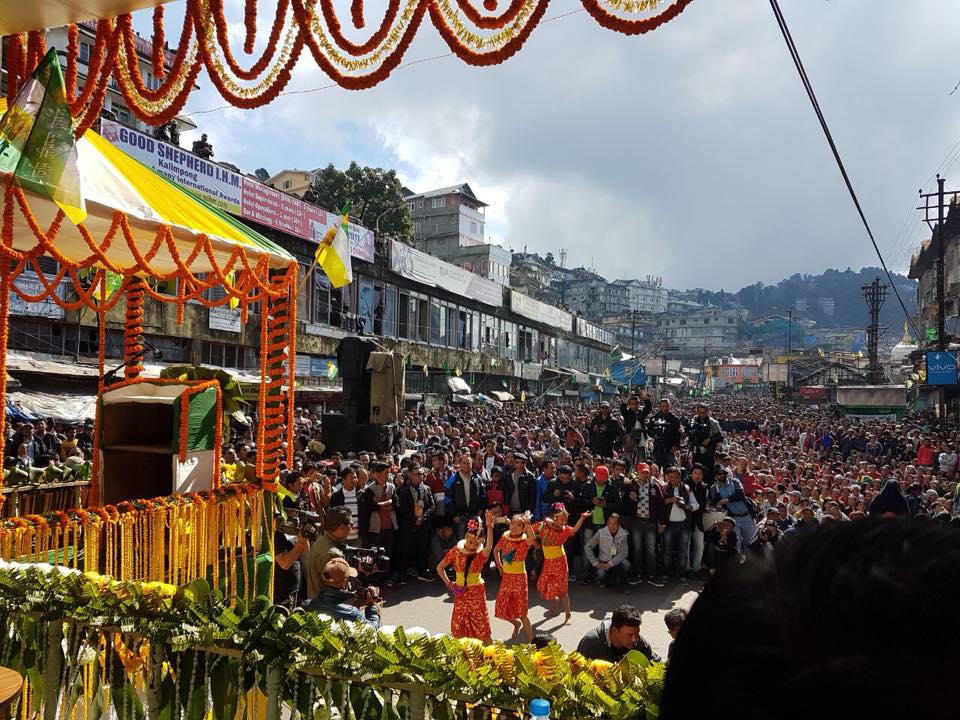We are a group of non-resident Bengali physicians, health scientists, and healthcare providers born, raised, and educated in the state of West Bengal. Almost all of us have families who currently reside in the state. We are spread all around the globe, but what links us beyond our common ancestral heritage is our public health conscience during these times of unprecedented global health disaster.
In the last week and a half, we have come across or watched with growing concerns, reports on the COVID-19 situation in West Bengal. There are two specific issues that are most disturbing to us: 1) the gross under-testing in West Bengal, and 2) the misreporting of data on the cause of death in COVID-19 patients. We are aware of first-hand reports on these issues from physician groups treating COVID-19 patients in government hospitals in Kolkata, as well as reports from public safety and law enforcement officials in social media, national and international press. In the last three days, more alarming evidence in the form of video footage has surfaced in various media outlets.
While we have concerns about inadequate testing across India, we find the situation in West Bengal particularly grave. According to a Reuter report in New York Times (dated April 14, 2020), with a population of more than 90 million people “West Bengal has done just 33.7 tests per million, compared
to a national average of around 156.9 per million, and 442 per million in the western state of Rajasthan”. Despite having the capacity “to conduct around 1,000 tests a day” at the federally controlled main testing laboratory in West Bengal, due to the state authorities’ mandatory requirement that each test be approved by the state, the testing rate in West Bengal has been woefully low. As a result, from a public health standpoint, we have strong reasons to believe that the current number of cases reported in West Bengal (339, according to Coronavirus Johns Hopkins Tracker accessed April 20, 2020) is a gross underestimate. The number of truly affected cases depends on the extent of testing, the accuracy of the test results and, in particular, the frequency and scale of testing of asymptomatic cases who may have been exposed. The gross underestimation in the number of truly affected cases may have potentially dangerous consequences, specifically in 1) not being prepared with adequate healthcare capacity to handle the pandemic burden in the state, and 2) failing to arrest the spread of the infection by asymptomatic cases who may be spreading unknowingly.

There is evidence that mortality data in COVID-19 patients emerging from West Bengal are misreported or not fully reported. According to reports in social media by physician groups treating COVID-19 patients in government hospitals in Kolkata, as well as national and international press, currently, “only a state-appointed committee is allowed to declare if a patient has died from COVID-19”, and “even when coronavirus patients were dying with symptoms of respiratory failure, the committee was not citing COVID-19 as the cause of death.” It is reported that deaths due to COVID-19 are being misclassified on death certificates as deaths due to a comorbid condition or organ failure. Current global data from the pandemic reveals that COVID-19 patients are largely dying from acute respiratory failure from acute lung injury, failure of single and multiple organs such as kidney and liver, and sepsis. These primary causes of death are manifestations of the viral disease in the individual patient. Therefore, not reporting the underlying COVID-19 as cause of death is falsification of data. In the face of a pandemic, World Health Organization (WHO) and Indian Council for Medical Research (ICMR) guidelines instruct hospital staff, medical examiners, and other health officials to report the primary and underlying causes of death in the death certificate. A new International Classification of Diseases, Tenth Revision (ICD-10) code (U07.1, 2019-nCoV acute respiratory disease) has also been established by WHO for reporting COVID-19 as cause of death. The current mortality data in COVID-19 patients from West Bengal is unreliable. Therefore, nobody knows what the excess death count in the state is due to COVID-19.
There is tremendous role of data and data science in these times of global pandemic. Epidemiologic modelling of the pandemic, projections of case counts and fatalities, effects of interventions such as the current ongoing lockdown in India in curbing the pandemic, as well as policy governance in the postlockdown period, all rely on accurate and consistent reporting of case counts and number of deaths due to COVID-19. Transparency is key to success in these endeavors. Furthermore, underreporting of cases and/or deaths will have a direct impact on the spread and would lead to a massive crisis in the state. If people do not know where the cases are, then local level prevention cannot happen. Case numbers growing because of more testing is not a disgrace, rather it is the path to knowledge and beating this virus. Hiding symptoms on the part of the public, and hiding test results or fudging the cause of death by the government can only lead to a public health catastrophe.
The COVID-19 pandemic may be the biggest test of political leadership the world has ever seen. Every leader is facing the same challenges, albeit at different scales. Every leader will be held responsible for his or her actions in dealing with the pandemic. As professionals in the field, we strongly urge the Chief Minister and the Ministry of Health of West Bengal to 1) increase testing in the state by all means, and take responsibility for accurate and consistent reporting of COVID-19 data. We urge the leaders of our beloved state to lead with science and humanity.






Be the first to comment on "Open Letter to the Chief Minister of West Bengal"